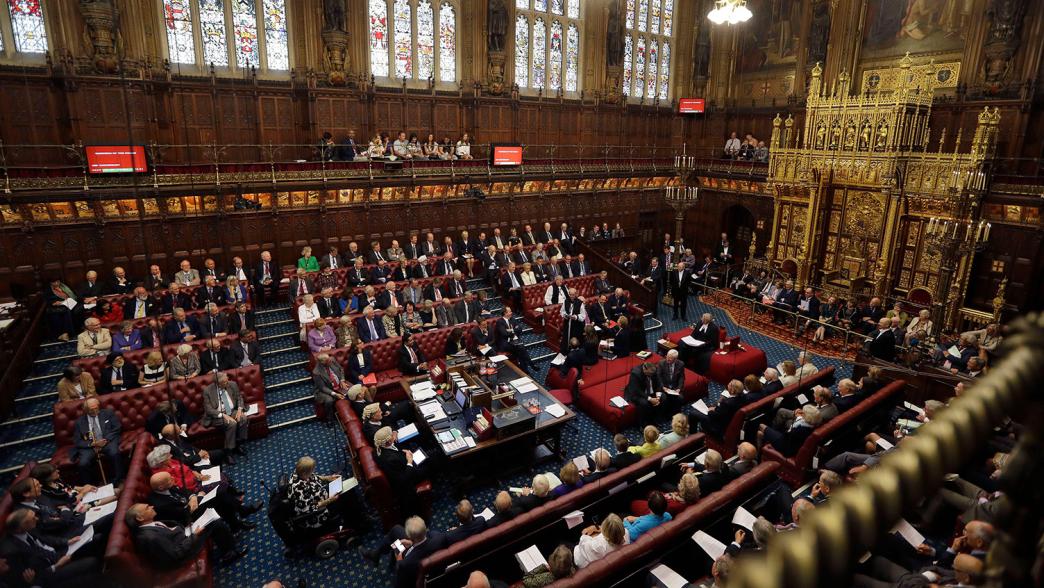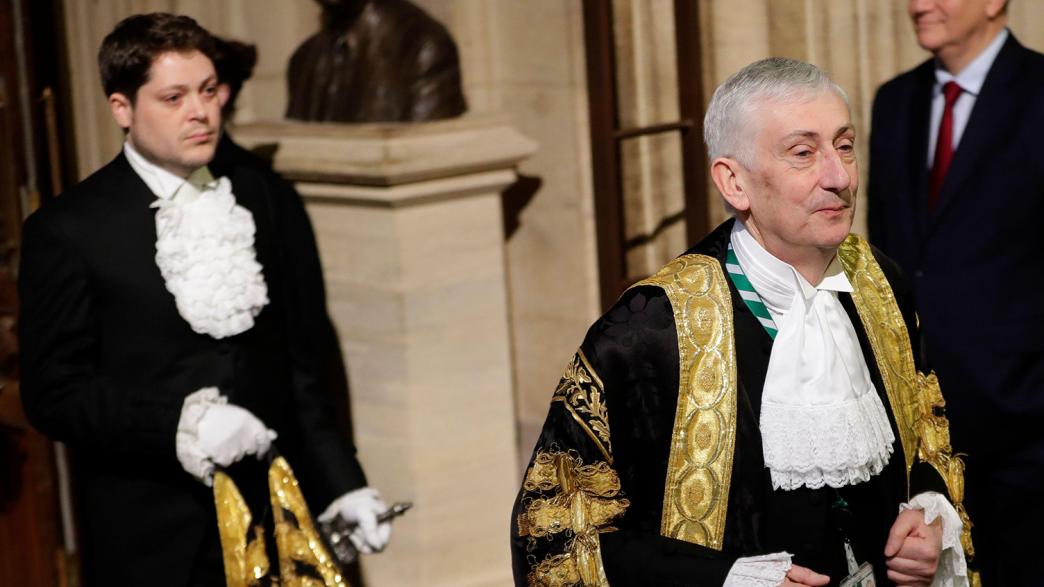
What are the Parliament Acts and what do they do?
The Parliament Acts are two pieces of law, passed in 1911 and 1949, that limit the role of the House of Lords in the legislative process. The government can use the Parliament Acts to pass legislation without the approval of the House of Lords – but only if certain specific conditions are met. Though rarely used, they are a key source of the elected House of Commons’ legislative primacy over the Lords.
The reasons for the passage of the Parliament Acts date to the early 20th century. Before the passage of the 1911 Parliament Act, there was a longstanding convention that the Lords could not change or block any legislation relating to tax or spending; but this did not exist in law. The Lords also had the ability to effectively veto legislation. Controversy brewed during the late 19th century over the Lords’ approach to some bills, but came to a head when the Lords blocked the ‘People’s Budget’ of 1909. This focused renewed attention on the role of the upper House, leading to the passage of the 1911 Parliament Act. This not only put into law the convention that the Lords could not interfere at all in tax and spending but also removed the Lords’ power to veto any bill, reducing it to a power only to delay it by up to two parliamentary sessions. Several decades later, the 1949 Parliament Act reduced the Lords’ power of delay to one year over most bills.
The basic rationale behind the Parliament Acts is that, while the Lords has power to ask the Commons to think again, because the Commons is the elected chamber of parliament it should ultimately be able to get its way on legislation.
What legislation is subject to the Parliament Acts?
Most legislation is subject to the Parliament Acts, but not all.
Public bills – bills that change the general law, the most common kind of bill – are subject to the Parliament Acts. Bills that began their parliamentary passage in the House of Lords cannot meet the necessary conditions for the Acts to be applied, and bills that attempt to prolong the length of a parliament beyond its maximum five years are explicitly excluded from its provisions.
How can the Parliament Acts be used to pass a bill?
Public bills
Generally, if a public bill (other than those that are exempt for the reasons set out above) is introduced and passed in the Commons in two successive parliamentary sessions, it can then be sent for Royal Assent under the Parliament Acts as long as certain conditions are met.
These conditions, all of which must be met, are that:
- The bill has been rejected by the House of Lords in two successive sessions – meaning either that the bill has not completed its passage in the Lords; or that the Lords decline to progress the bill; or that the Lords has insisted on amendments that the Commons refuses.
- At least one year has elapsed between the time in the first session that the Commons gave the bill its second reading; and the time in the second successive session that the Commons gave the bill its third reading.
- The Lords received the bill at least one month before the end of the two successive parliamentary sessions.
- The bill does not change between the two sessions, other than:
- changes that are needed because of the time elapsed during the process, or
- changes to reflect amendments made by the Lords in the first session, even if they were not agreed by the Commons (but whether to include any such changes in the bill in the second session is entirely at the discretion of the government).
Before a bill can receive Royal Assent using the Parliament Acts, the Speaker of the Commons has to certify that the relevant conditions have been met. The Parliament Acts also cannot be used to pass legislation if the Commons expressly directs that they cannot be used.

Practically speaking, these requirements mean that a bill must be delayed by the Lords for at least 13 months (across two sessions) for the Parliament Acts to be used. But the circumstances in which the Lords have done enough for the Speaker to certify that they have “rejected” the bill in the second session are far from clear – unless they simply vote it down on second or third reading.
Money bills
The Parliament Acts can also be used to pass money bills without the approval of the Lords. Money bills are pieces of legislation that relate to government expenditure and taxation – for example, the Supply and Appropriation Bills that authorise government spending on its policies. To be classified as a money bill, a piece of legislation has to be formally certified as such by the Commons Speaker.
If a bill that the Commons Speaker has certified as a money bill passes the Commons but is not then passed by the Lords within a month of it being received, it can be sent for Royal Assent without the Lords’ approval. Money bills also cannot be amended by the House of Lords, and they have no power of delay (unlike with other bills as described above).
How do general elections affect the use of the Parliament Acts?
Formally, general elections have no effect. The circumstances in which the Parliament Acts can be used apply regardless of whether there is a general election held in between the two successive parliamentary sessions in which a bill is passed by the Commons.
But politically, any changes in the Commons or in the government that are caused by an election could mean that a decision is taken to change or not continue with a particular bill.

Most legislation is subject to the Parliament Acts, but not all.
How often have the Parliament Acts been used to pass legislation?
Although section 1 of the Act relating to money bills has been applied fairly regularly, section 2, relating to other general types of bill, has been used only rarely. Seven bills have been passed using the powers under section 2 of the Parliament Act. Three bills were passed using the 1911 Parliament Act (including the 1949 Parliament Act); and a further four have been passed since the 1949 Act: the War Crimes Act 1991; the European Parliament Elections Act 1999; the Sexual Offences (Amendment) Act 2000; and the Hunting Act 2004.
But beyond their formal use, the threat of the Parliament Acts can also be used to try and encourage the Lords to pass a bill or to back down. The very existence of the Parliament Act powers means that the Lords will see little merit in defeating a government bill when they know it can be reintroduced in the next session and they will be powerless to stop it. On three occasions, bills have been introduced in a second successive parliamentary session to potentially allow the Parliament Acts to be used – only for the Lords to agree to the bills. The Parliament Act includes a provision for the Commons, when it sends the bill to the Lords in the second session, to send alongside it a list of suggested amendments indicating the areas in which the Commons is prepared to compromise, while retaining its power to override a Lords veto.
- Keywords
- Parliamentary scrutiny Law
- Position
- Speaker of the House of Commons
- Legislature
- House of Commons House of Lords
- Publisher
- Institute for Government